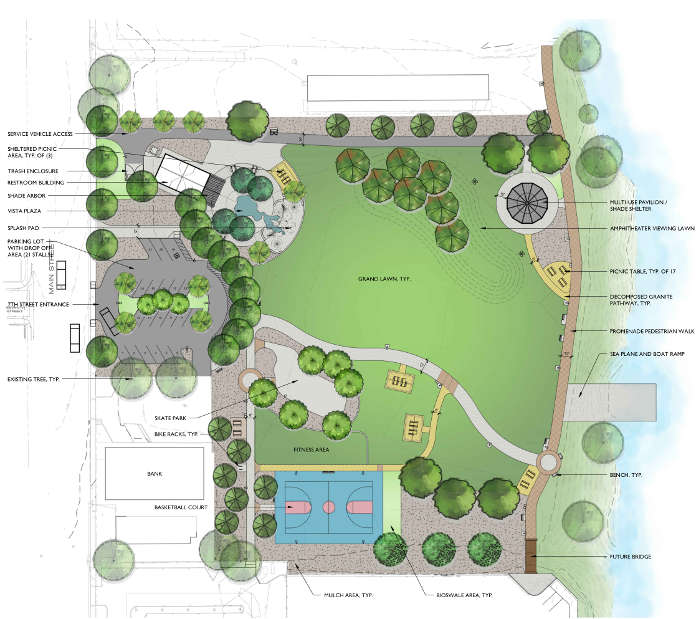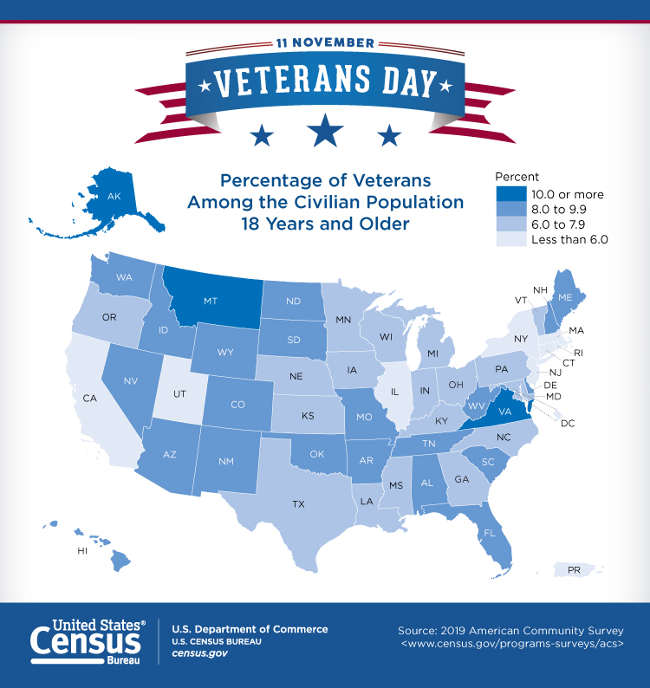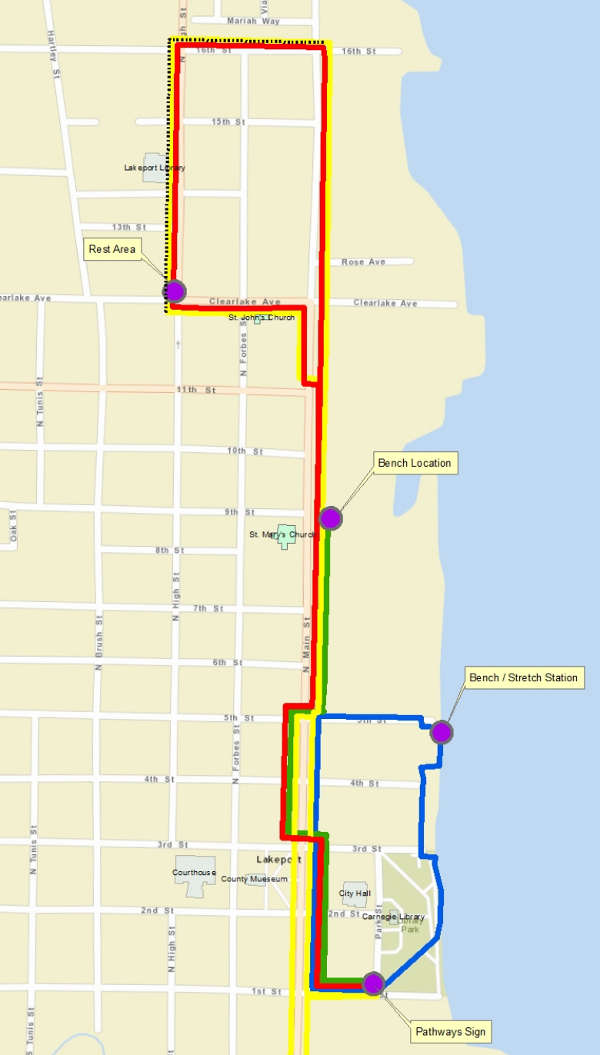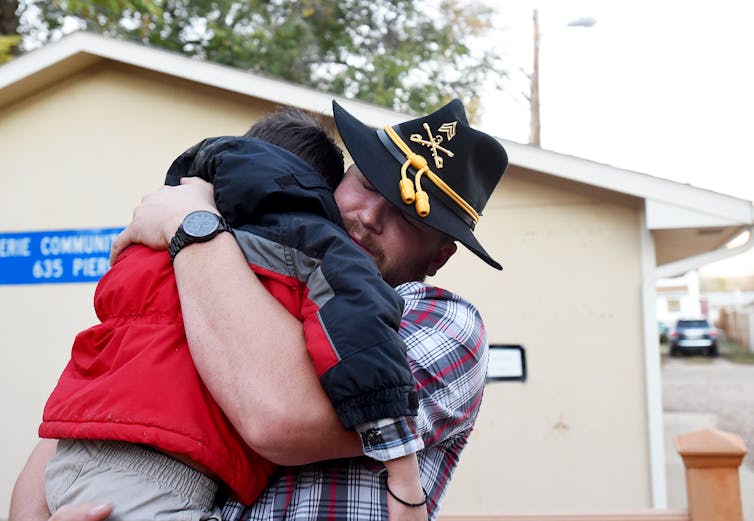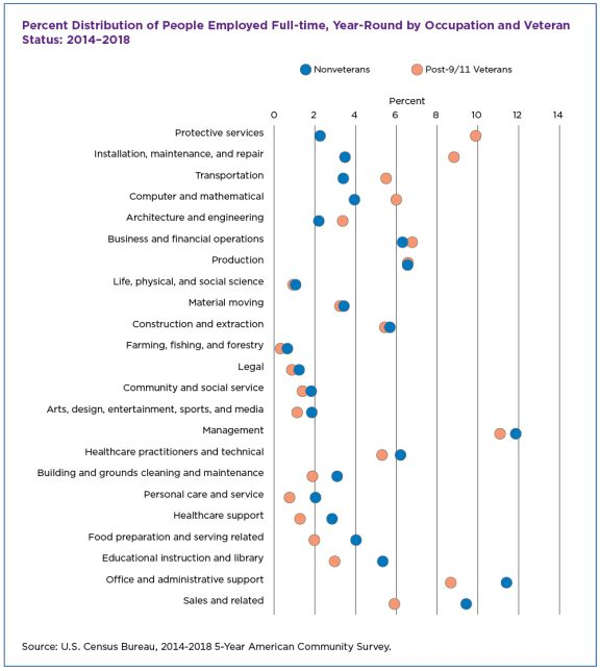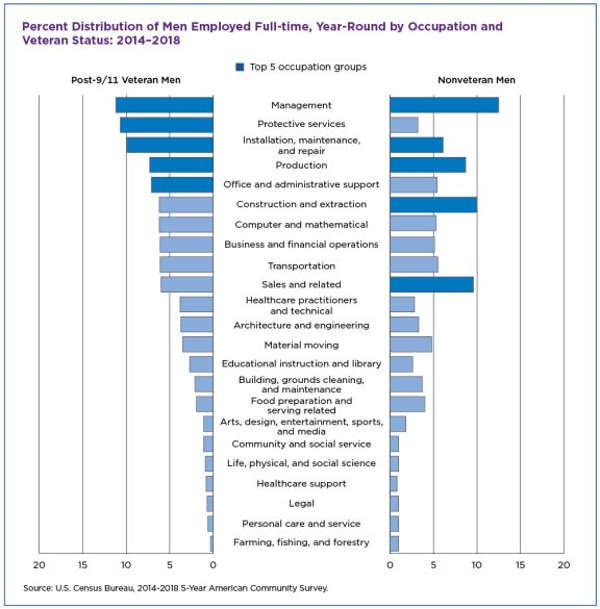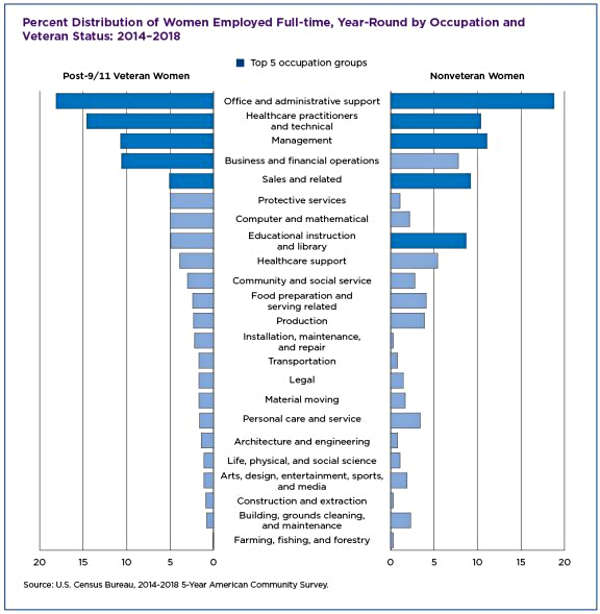- Elizabeth Larson
- Posted On
Hope Center, Lake County’s first permanent facility to address homelessness, opens doors
LAKE COUNTY, Calif. – After years of work and collaboration by local agencies and organizations, Lake County’s first permanent housing facility dedicated to addressing homelessness officially opened on Thursday.
Hope Center, a project of Hope Rising Lake County in partnership with numerous local agencies and the city of Clearlake, is located at 3400 Emerson St. in Clearlake.
It was celebrated during a small, socially-distanced ceremony on Thursday afternoon, witnessed by local officials, partners and the center’s eight new employees.
The building, which formerly housed medical offices, was purchased by Adventist Health. It’s now been remodeled into a 20-bed transitional housing facility, with a kitchen, conference and meeting rooms, and other amenities.
The project has been the work of years by a number of dedicated partners, but earlier this year it looked like it had stalled, as construction halted and grant funding “vaporized,” according to Hope Rising Executive Director Allison Panella.
But big ideas have a way of overcoming even the greatest of obstacles.
Shelly Trumbo, Adventist Health’s vice president of community integration who was Hope Rising’s interim executive director at its founding, suggested that central to the Hope Center is a “love ethic,” and quoting the definition of love in 1 Corinthians Chapter 13, Trumbo added, “Love never gives up.”
In January, Panella and Shannon Kimbell-Auth, Adventist Health’s manager for community integration who will now head up the staff at Hope Center, went to the Clearlake City Council to request financial assistance to get the center’s doors opened.
The council was open to the proposal and followed up in April by approving a memorandum of understanding with Adventist Health Clear Lake and Hope Rising Lake County in which the city contributed $500,000 in bond funds for the Hope Center.
Then, in September, Gov. Gavin Newsom announced that Lake County had received funding as part of the third round of awards for Project Homekey, a program administered by the California Department of Housing and Community Development that is making $600 million available to local public entities to provide long-term housing for people experiencing homelessness.
The Hope Center received $3.38 million from that Project Homekey funding round.
Assemblywoman Cecilia Aguiar-Curry, on hand in person for the Thursday ceremony, said the Project Homekey grant was “significant,” and will fund Lake County’s first permanent housing center for the homeless.
Aguiar-Curry recognized the strong efforts of local officials and the resulting partnerships in creating the center.
Congressman Mike Thompson, in a video shown at the ceremony, also heralded the work of the public and private partners whose work has made the Hope Center a reality.
Trumbo noted during the ceremony that while love is the motivator for the work, “There’s nothing soft about standing alongside a human being and supporting them through their journey of transformation. That’s the work that’s going to be happening here, and that’s love, and it’s strong and it’s solid.”
She added, “Revolutions don’t just happen in big moments in public view, they happen in small ways of people coming together.”
One of the key partners in creating the Hope Center is Adventist Health Clear Lake.
The hospital’s president and CEO, David Santos, recalled arriving in Lake County in 2009 and seeing the county’s needs, which set him on a path to addressing addiction and mental illness. That, in turn, led to focusing on “high utilizers,” those who frequently use hospital and other services in the community. He said his goal was to instill hope in both patients and health care providers.
“Today, I declare, we’ve reached a tipping point,” said Santos, who believes that Lake County is creating a rural health model not just for California but for the rest of the nation.
Panella said the Hope Center is unique; it exists because of a network of agencies that worked together.
Those agencies include the city of Clearlake, Lake County Behavioral Health Services, Lake County Continuum of Care, Partnership HealthPlan, the Lake County Health Department, the Department of Social Services, North Coast Opportunities, Adventist Health and Redwood Community Services.
Panella recounted earlier this year meeting at the site with Kimbell-Auth, City Manager Alan Flora, City Councilman Russell Perdock, who also is an Adventist Health staffer. At that point, construction had stalled and grant funding – along with their dreams – had depleted.
At the same time, they found the Hope Center sign had been vandalized, with the “Hope” turned to “Nope.”
But the woman who vandalized the sign came to them that day, admitted what she did, then asked to make amends by cleaning the sign. She then asked to help weed the property, which Panella said she did.
Panella said everybody needs the opportunity to go from “nope to hope.”
Following a ribbon-cutting in front of the building, Kimbell-Auth and other staff led an in-person and virtual tour of the facility and invited people to plant flower seeds and bulbs in the flower beds around the building.
Kimbell-Auth said the people who will live at the center will be called “participants” rather than “clients.”
“They’re participating in their own housing navigation plan,” she explained.
As part of their responsibilities, participants will have access to Alcoholics Anonymous or Narcotics Anonymous meetings, and do daily chores like mopping floors, emptying trash and cleaning bathrooms.
To become a sponsor, volunteer or provide a meal for Hope Center participants, visit www.hoperisinglc.org.
Email Elizabeth Larson at This email address is being protected from spambots. You need JavaScript enabled to view it.. Follow her on Twitter, @ERLarson, or Lake County News, @LakeCoNews.l

